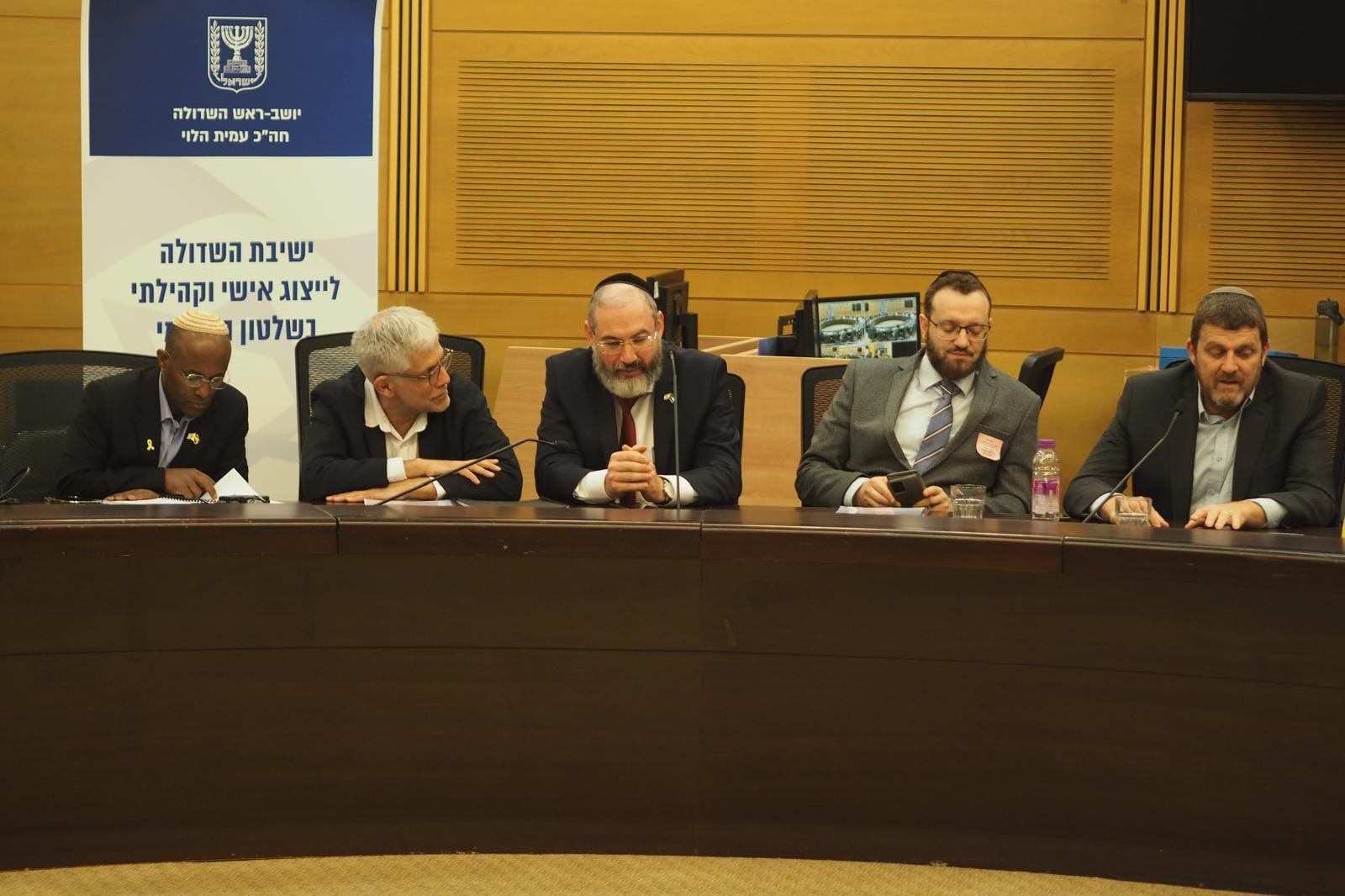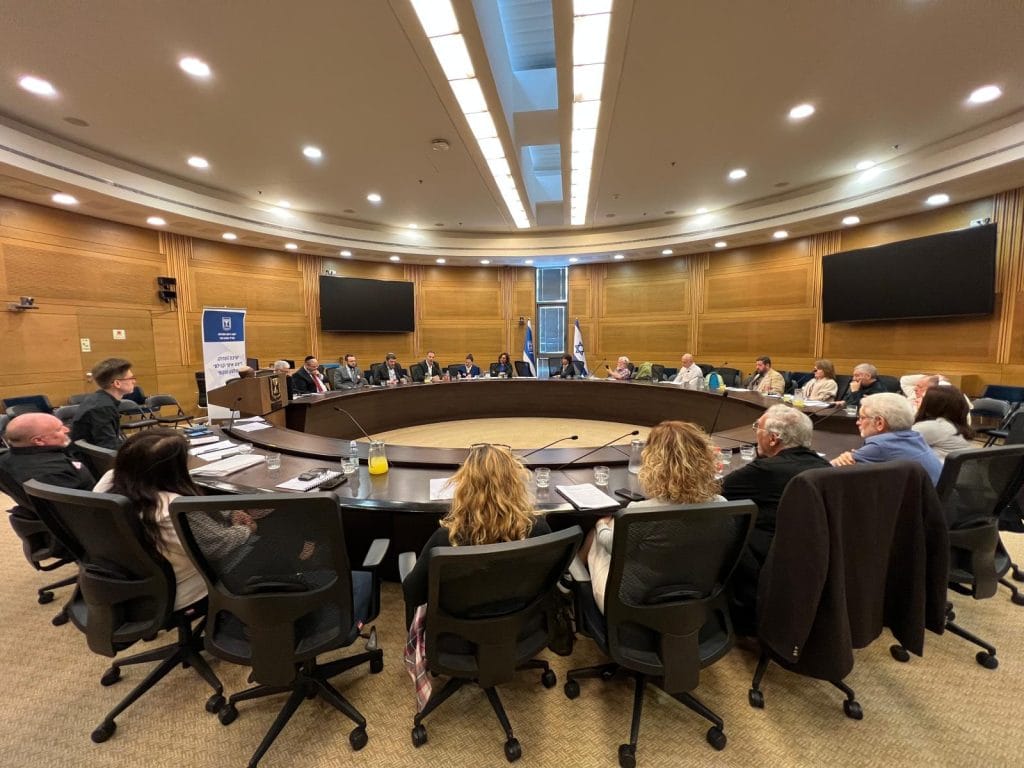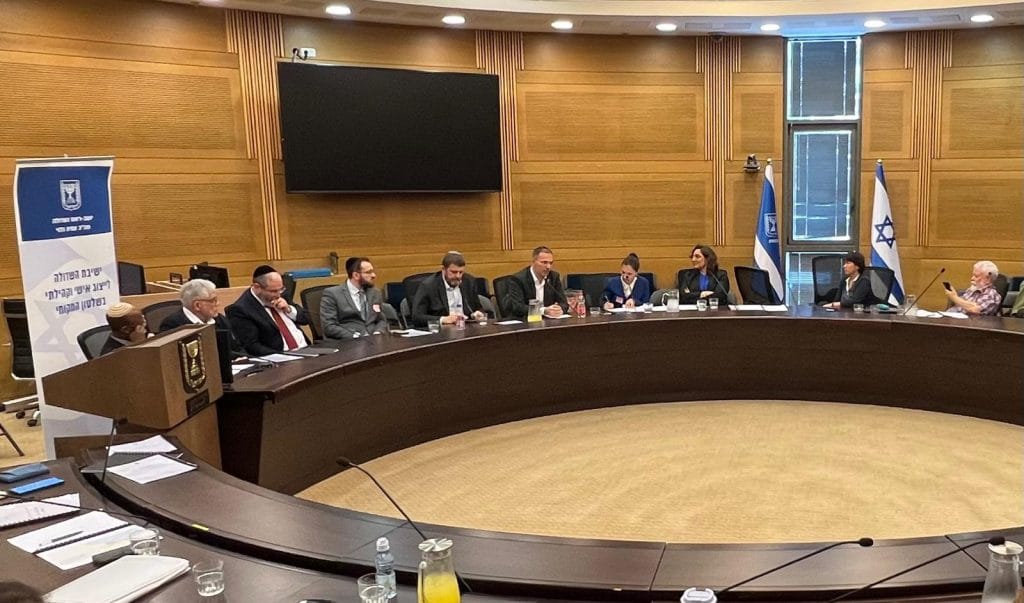
In recent years, Israel has been experiencing a period of internal political tension. Mass protests, statements by some politicians about the possibility of a “civil war,” accusations against the government of “moving toward dictatorship” (as claimed, for example, by opposition leader Yair Lapid) are occurring against the backdrop of reforms in the judicial system and security structures.
These internal processes coincide with the formation of new foreign policy challenges. These include:
- The strengthening of Turkish influence in Syria and the formation of a potentially hostile Sunni bloc to Israel
- Tensions in relations with the European Union, caused by Israel’s rapprochement with right-wing European parties
- Initiatives by French President Emmanuel Macron to hold a strategic summit in Nîmes, which many analysts interpret as an attempt to create a coalition supporting the new Syrian regime
Under these conditions, there is a danger that Israel could become an object of bargaining or a point of collision of interests between global powers. These external forces may, in pursuit of their own interests, exacerbate internal political disagreements in Israeli society.
Given these circumstances, a comprehensive discussion of Israel’s future, taking into account internal and external challenges, becomes critically important.
On March 26, simultaneously with the speech of Israeli Prime Minister Benjamin Netanyahu at the plenary session in the Knesset, a meeting of the lobby for the legalization of district councils in Israeli cities was held in the same Knesset building, in the “Jerusalem” hall. This lobby was registered by Knesset member from the Likud party Amit Halevi at the initiative of the “Dor Moriah” think tank.
While the Prime Minister was talking about “changing the face of the Middle East,” participants in the Lobby meeting were also discussing the image of Israel’s future in the new Middle East.
In addition to experts and representatives of Israeli civil society, Knesset members participated in the lobby meeting. Besides Amit Halevi (Likud), Member of Knesset Simon Moshiashvili (SHAS) and Deputy Speaker of the Knesset Moshe Solomon (“Religious Zionism” headed by Bezalel Smotrich) were present.
The fact that these parliamentarians left an important plenary session with the Prime Minister to attend the lobby meeting convincingly demonstrates the significance of the issues discussed and the relevance of the proposed initiatives.

A View of Israel’s Future in a Changing World
At the Lobby meeting, the “Dor Moriah” think tank presented for discussion a comprehensive strategy for overcoming social divisions in Israeli society and forming a new image of the country’s future. It was important to show that the legalization of district councils is just one element of the system for overcoming Israel’s internal political problems.
As known from previously published studies by the center, contemporary social contradictions in Israel are no longer limited to ordinary political disagreements but have acquired the character of an “ontological bubble” – a state where different groups in society exist in parallel, mutually exclusive realities.
“Our long-term research shows that Israeli society is transitioning from ordinary political polarization to a qualitatively new state, where public dialogue is practically impossible due to the lack of a common language and mutual recognition,” noted Lola Kolpina, Doctor of Sociology, expert at the University of Haifa and head of the research direction at “Dor Moriah.”
Three-Level Model for Overcoming Social Divisions
To overcome this dangerous situation, “Dor Moriah” proposes a comprehensive approach on three levels:
- Micro-level: District Councils (vaad shchunati) – Creating a system of local self-government at the level of urban districts, which will allow citizens to directly participate in solving local problems, going beyond ideological disagreements.
- National level: Halakhic Banking – Developing a financial system based on the principles of Jewish religious law, which will promote socially responsible investment and serve as a bridge between religious and secular approaches to the economy.
- International level: Abrahamic Economic Cluster – Positioning Israel as a technological and economic bridge between the West and the Global South based on the Abraham Accords.
Dr. Boris Lazarev, former member of the Haifa City Council and expert on issues of population self-organization and local self-government, noted: “The idea of district councils not only returns politics to the local level but also creates a space where people with different views can collaborate on specific issues that directly affect their lives. Our experience shows that even the most ideologically irreconcilable opponents find common ground when it comes to improving their district or the safety of their children.”общий язык, когда речь идет о благоустройстве их района или безопасности детей».
Israel as a Bridge Between Civilizations: What Do Israelis Think?
Special attention during the discussion was given to the concept of Israel as a “technological bridge” between the West and the Global South in the context of the Abraham Accords. This idea is gaining increasing support among Israeli society, as confirmed by the results of a recent study.
According to a survey conducted in February 2025 among 1,007 respondents, representing a representative sample of Israel’s population (margin of error ±3.09%), 39% of Israeli respondents are convinced that Israel can in the future become a country connecting the interests of the Collective West and the Global South. Only 30% express the opposite opinion, while the rest found it difficult to answer.
Even more revealing is that 58.3% of Israelis assess economic cooperation with Global South countries (BRICS) as important or very promising, with 17.6% considering it “one of the most promising strategic directions,” and 40.7% viewing it as an “important direction, although not at the top of the priority list.”
Prospects for the Abraham Accords
Большинство израильтян верят в успех Авраамических соглашений в ближайшем будущем. 53,3% Most Israelis believe in the success of the Abraham Accords in the near future. 53.3% of respondents are optimistic about the prospects of these agreements for the next 5 years (13.7% very optimistic and 39.6% moderately optimistic), and only 26.1% express pessimistic expectations.
Notably, Israelis see a positive impact of developing economic ties with BRICS countries on Israel’s international relations:
- 43.3% believe this will improve relations with the US (only 6.4% expect deterioration)
- 28.6% expect improved relations with Middle Eastern countries
- 23.9% predict improved relations with the European Union
At the same time, in the long term, most Israelis want to see their country in the Middle East region primarily as an economic center (63.7%) and a technological center (58.7%), while not forgetting the role of a dominant military force (54.8%).

The Role of World Leaders in Middle Eastern Processes
It is noteworthy that among world leaders capable of influencing the development of the Abraham Accords (besides D. Trump), Israelis primarily noted representatives of BRICS countries: 28.9% named V. Putin, 17% — Xi Jinping, and 13.9% — N. Modi.
Equally important, 70% of Israelis see a connection between the Russian-Ukrainian conflict and the global West-South confrontation, and 42% recognize a connection between Israel’s war with Hamas and Hezbollah and this global conflict. This indicates a deep understanding by Israeli society of the complex geopolitical context in which the country finds itself.
Practical Steps Toward a New Future
During the lobby meeting, concrete proposals were presented for implementing the three-level strategy:
- A Bill on District Councils for cities with populations over 50,000, ensuring direct elections of residents’ representatives and the allocation of budget funds for implementing local projects.
- Creating a Legal Framework for Halakhic Banking, which, according to Dr. Michael Finkel, Doctor of Political Science, “can become not only a financial instrument corresponding to Jewish traditional values but also a basis for future integration with Islamic banking within the framework of the Abrahamic Economic Cluster.”
- Developing the Concept of Israel as a Technological Bridge between civilizations based on the Abraham Accords, which will allow the country to occupy a unique place in the emerging multipolar system of international relations.
“In conditions of global transformations and rising tensions, Israel can become either a sacred victim of geopolitical contradictions or an example of a new approach to international cooperation, overcoming the traditional East-West dichotomies,” emphasized Igor Kaminnik.
It is significant that the proposed strategy has found support from representatives of various political forces. As Knesset member Amit Halevi noted, “in today’s situation, we must seek what unites us as a nation, not what divides us. District councils, Halakhic banking, and a new vision of Israel’s role in a changing world are precisely those initiatives that can become the basis for national consensus.”
